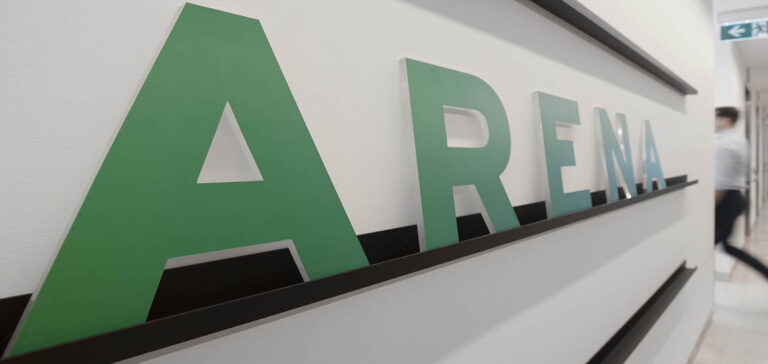The Australian Renewable Energy Agency (ARENA) has launched the Hydrogen Headstart grant program in Australia with the aim of closing the gap between production cost and market price, accelerating the transition to commercial viability, according to a senior agency official on October 17. The A$2 billion (US$1.3 billion) Hydrogen Headstart program was launched on October 10, inviting large-scale renewable hydrogen developers to express their interest and begin a pre-qualification process ending in 2026-27.
“The program aims to give thehydrogen industry a boost in Australia and to close the commercial gap for early projects,” Alexandra McIntosh, Director of ARENA’s Business Development and Transactions team, told S&P Global Commodity Insights. “Ultimately, the number of projects funded under the program will depend on the applications received, as well as the commercial gap and scale of those projects,” she added.
Renewable Hydrogen Production Costs
The cost of producing renewable hydrogen is currently two to three times higher than that of hydrogen derived from fossil fuels, according to McIntosh. According to a 2021 Australian hydrogen market study by the government, the cost of producing grey hydrogen in Australia varies between A$1.70 and A$2.20 per kilogram.
Platts Hydrogen Price Wall shows that even with carbon capture and storage, the costs of conventional steam methane reformation in Western Australia are around half the cost of comparable PEM electrolysis. Platts, part of S&P Global, valued Western Australian hydrogen produced by PEM electrolysis at $2.91 per kilogram on October 16, down 4.28% on the previous month.
The Grant Program
Developed by ARENA in collaboration with the Department of Climate Change, Energy, Environment and Water, the Hydrogen Headstart program offers projects aiming to produce renewable hydrogen or its derivatives on a large scale the opportunity to apply for a 10-year production credit.
McIntosh said ARENA expects many expressions of interest in response to the tender. “During the consultation phase, we received over 110 written contributions and organized forums in Sydney, Perth and a virtual webinar that brought together around 400 participants,” she said. “Given the response we received during the consultation phase, we expect a positive response during the expression of interest phase of the program.”
Market Price Revelation
ARENA has been funding Australian hydrogen projects since 2017, distributing over A$300 million for 46 renewable hydrogen projects. However, Hydrogen Headstart is still considered an important test case, as applicants must submit purchase agreements or memorandums of understanding, highlighting the market price needed to make projects viable.
ARENA’s support for renewable hydrogen has covered early-stage R&D projects through to first-generation deployments, including hydrogen transportation, refueling infrastructure, alumina production, ammonia manufacturing and remote power generation.
The Future of Hydrogen in Australia
“At this stage, we’re focused on delivering Hydrogen Headstart and, in time, the lessons and prize discovery from the program will be used to inform government on the industry’s future funding needs,” said McIntosh. At the expression of interest stage, applicants were invited to provide memoranda of understanding or purchase agreements, which should then be finalized at the full application stage in detailed terms.
To be eligible for the tender, smelters of over 50 MW on a single site, powered 100% by renewable energies, are taken into account. Hydrogen is currently used in processes such as ammonia production, but until now has been produced from fossil fuels.
“We’ve seen growing interest from various industry sectors looking to decarbonize existing hydrogen use, as well as interest in alumina manufacturing to decarbonize the calcination process, hydrogen for heavy transport and e-fuels such as methanol for shipping,” said McIntosh.
The Hydrogen Headstart program is the Australian government’s largest renewable hydrogen investment initiative to date, and a crucial step in unlocking Australia’s renewable energy potential. By bridging the market gap and highlighting the necessary market prices, this program aims to accelerate the transition to a cleaner, more sustainable hydrogen industry in Australia.






















